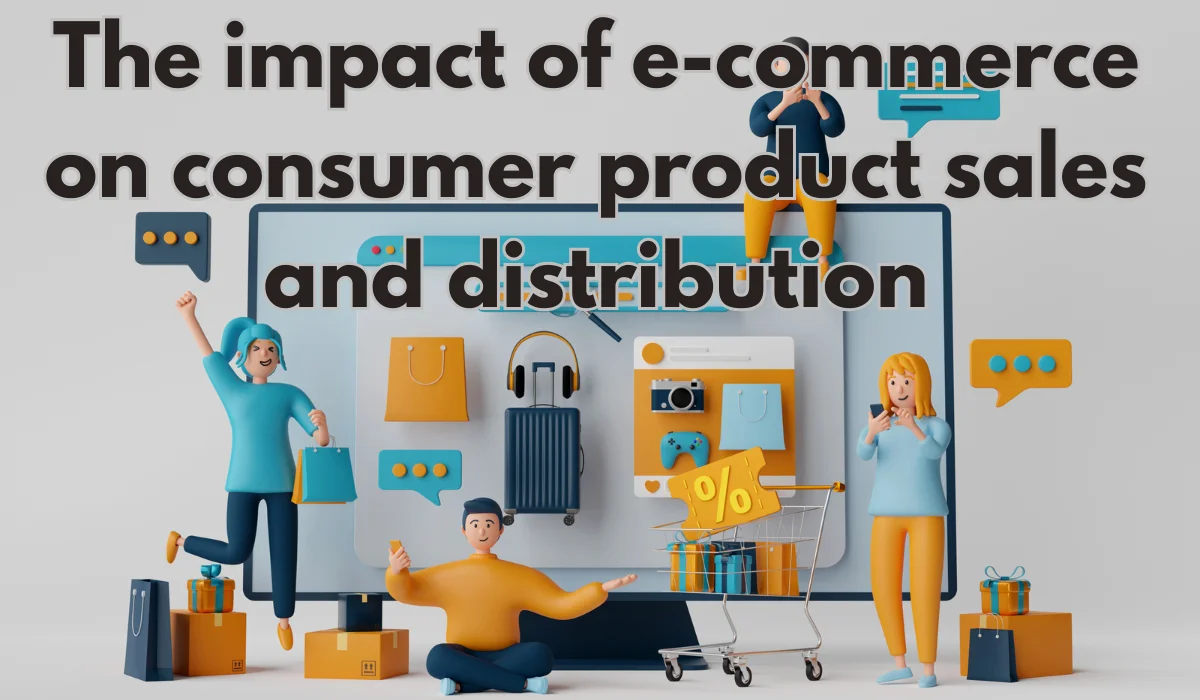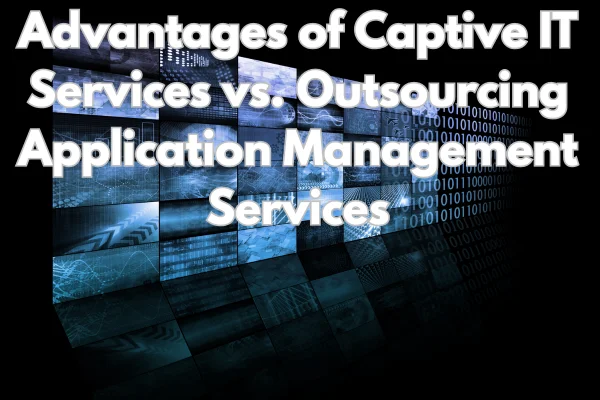
The rise of e-commerce has had a significant impact on the consumer products industry, reshaping the way products are sold and distributed to consumers. In recent years, e-commerce has grown rapidly, with online sales accounting for an increasing share of total retail sales. This has led to a shift in the way consumer products are marketed and sold, with companies having to adapt to the new digital landscape in order to stay competitive.
One of the most notable impacts of e-commerce on the consumer products industry is the increase in direct-to-consumer sales. With the rise of e-commerce, consumers are now able to purchase products directly from manufacturers, bypassing traditional brick-and-mortar retailers. This has led to a decrease in the traditional retail supply chain and an increase in the number of small and medium-sized enterprises selling products online.
Another impact of e-commerce on the consumer products industry is the increase in competition. Online marketplaces, such as Amazon and Alibaba, have made it easier for smaller companies to sell their products, leading to a more competitive landscape. This has forced companies to focus on differentiating their products and providing a better customer experience in order to stand out in the crowded e-commerce market.
E-commerce has also made it easier for companies to reach new customers and expand their sales globally. Online marketplaces and social media platforms have made it easier for companies to target specific demographics and geographic regions, increasing the reach of their products. This has led to an increase in cross-border sales and the emergence of new international markets for consumer products.
However, e-commerce also presents new challenges for consumer product companies. One of the biggest challenges is the need to adapt to the fast-paced nature of e-commerce and stay ahead of the latest trends and technologies. Companies must also navigate the complex logistics of shipping and handling products, as well as dealing with the risk of fraud and returns.
In conclusion, e-commerce has had a significant impact on the consumer products industry. It has reshaped the way products are sold and distributed, leading to a decrease in the traditional retail supply chain, an increase in direct-to-consumer sales and competition, and a greater global reach for products. While e-commerce presents new challenges for companies, it also presents opportunities for growth and expansion in the digital marketplace. Companies that are able to adapt to the changing landscape of e-commerce will be well-positioned for success in the future.

 English
English














